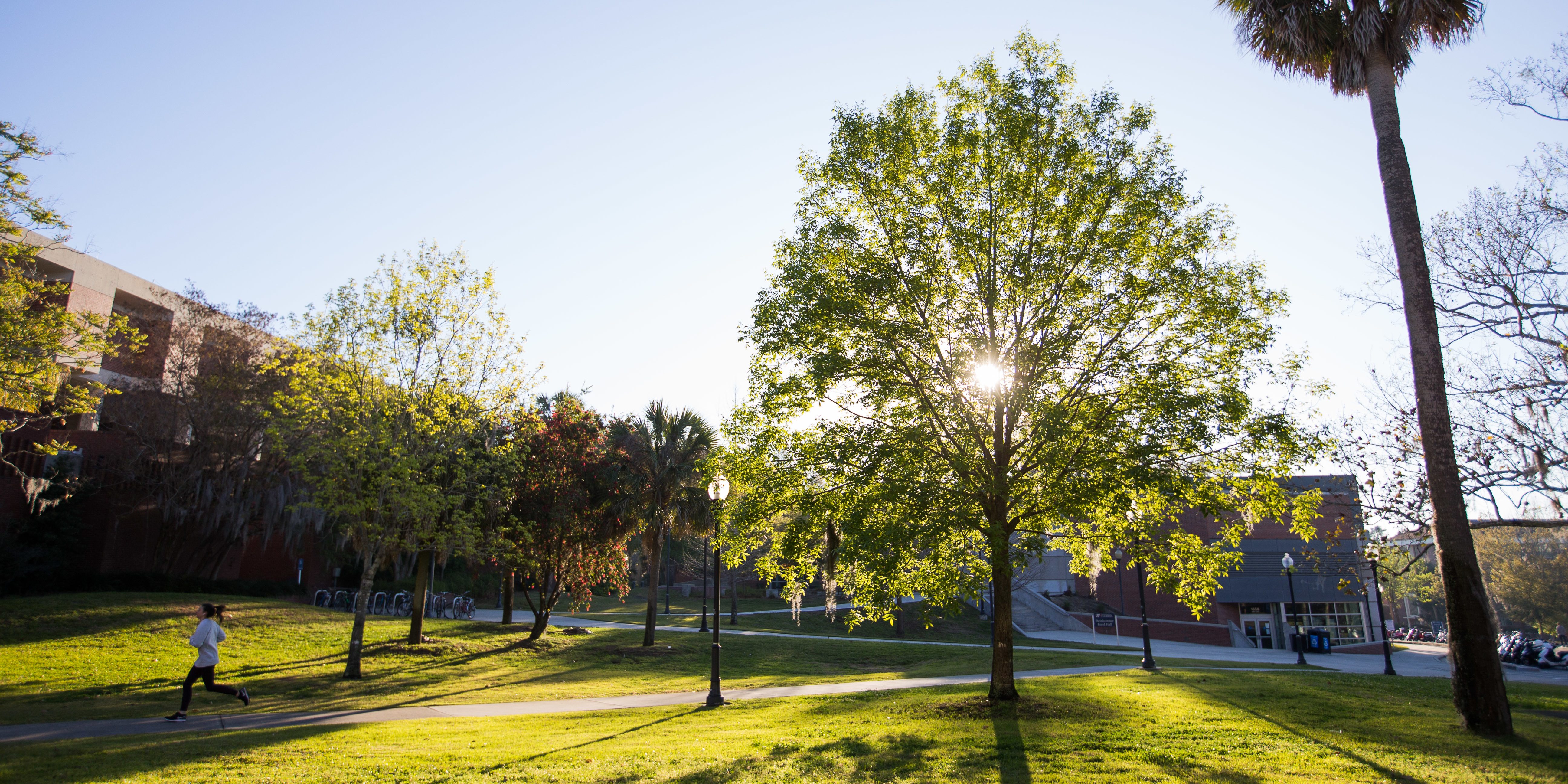Part 3: Event Materials & Purchasing
Signs & Decor
- Can this be reused? When you are developing branded materials or themes for an event such as signage or decorations, consider the reuse possibilities of these items. For example, if you know this is an annual event, consider leaving off dates from the materials so they can be used for future iterations.
- Share your message! When making signs, be sure to include ones about recycling, resource conservation and waste reduction, and other sustainability efforts at the event.
- Use reusable tablecloths and napkins if possible, rather than plastic or paper. These items can be rented from local vendors.
- Utilize natural décor, like plants or produce that enhance beauty, reflect a connection to nature and can serve a purpose post‐event, and/or use décor that can be reused for future events.
- If purchasing floral arrangements, try to source flowers that are in season and grown locally.
- Allow attendees to take home natural centerpieces, like plants and flowers, and donate whatever isn’t taken to hospitals, nursing homes, etc.
- Research sustainable materials to use for banners and signage, or use materials that can be recycled or composted after the event.
- Consider reuse for other events when designing and choosing decor such as garland, reusable lights, or columns. For recurring events, avoid using specific dates on signs/banners so that those items can be used more than once.
- Utilize signage as another opportunity to communicate the importance of sustainability and the event’s efforts to attendees. Consider highlighting the sustainable aspects of your event (i.e. “We’re recycling and composting to save the environment!”)
Food Services
- If your event is on‐campus, contact Palm & Pine Catering for options that are local, organic, or in-season.
- If your event is off-campus, look for caterers that can provide local, organic and in-season food options.
- For all events, it’s important to be sure you’re offering vegetarian and/or vegan options to attendees.
- Consider other resources, like the Marine Stewardship Council, for guidance on sustainably harvested seafood. This can be found online, or even downloaded as a smartphone application. Monterey Bay Seafood Watch has a website and app: https://www.msc.org/where-to-buy/product-finder
- If you’re hosting a larger event with plated lunch or dinner sessions, ask attendees to register for meals to better estimate quantities and reduce potential excess, rather than hosting an open buffet.
- When there are leftovers, allow guests to take home portions or consider donating them to local food assistance programs. Or, you can work with Facilities Services to provide compost collection for food waste that cannot be donated.
- Leftover organic food waste can also be composted. The Student Compost Cooperative has compost bins available for self‐pickup and drop-off.
Serving & Serviceware
- Use reusable utensils, plates and cups. These can often be rented through catering providers, or – for smaller events – consider buying an office set (new or secondhand) to use over and over again. You can also encourage people to bring their own mugs, plates and utensils!
- If reusable items are not feasible, opt for items that are BPI-certified compostable and/or paper products made with recycled content.
- Avoid individually packaged items (from butter or cream cheese, to sugar packets, ketchup, snacks such as chips or candy or bottled/can drinks). Share these desires with your caterer.
- Avoid overly packaged meals, but if you do pursue a boxed‐lunch, consider working with Gator Dining Services and Classic Fare Catering to utilize their reusable to‐go program.
- Remind attendees on numerous occasions to bring their own water bottles and coffee mugs, or consider these as a giveaway option.
Purchasing
- Green your Giveaways: Think strategically about the amount of giveaways or other take-home items, as this can help reduce costs and waste. When deciding on favors, prizes or other goods, look for products made from sustainable materials, recycled content, or items that can be recycled at the end of its life. Instead of creating pre-made goodie bags for each person, have a table set up with the various items and allow guests to choose what they will take – and actually use!
- Ideally, purchase products that are made locally or in the USA to reduce transportation and production impacts on the environment. Look for items that are third‐party certified, such as Fair Trade, Green Seal, or FSC.
- Go Local! Whenever possible, use local vendors for printing, products, food services, etc.



